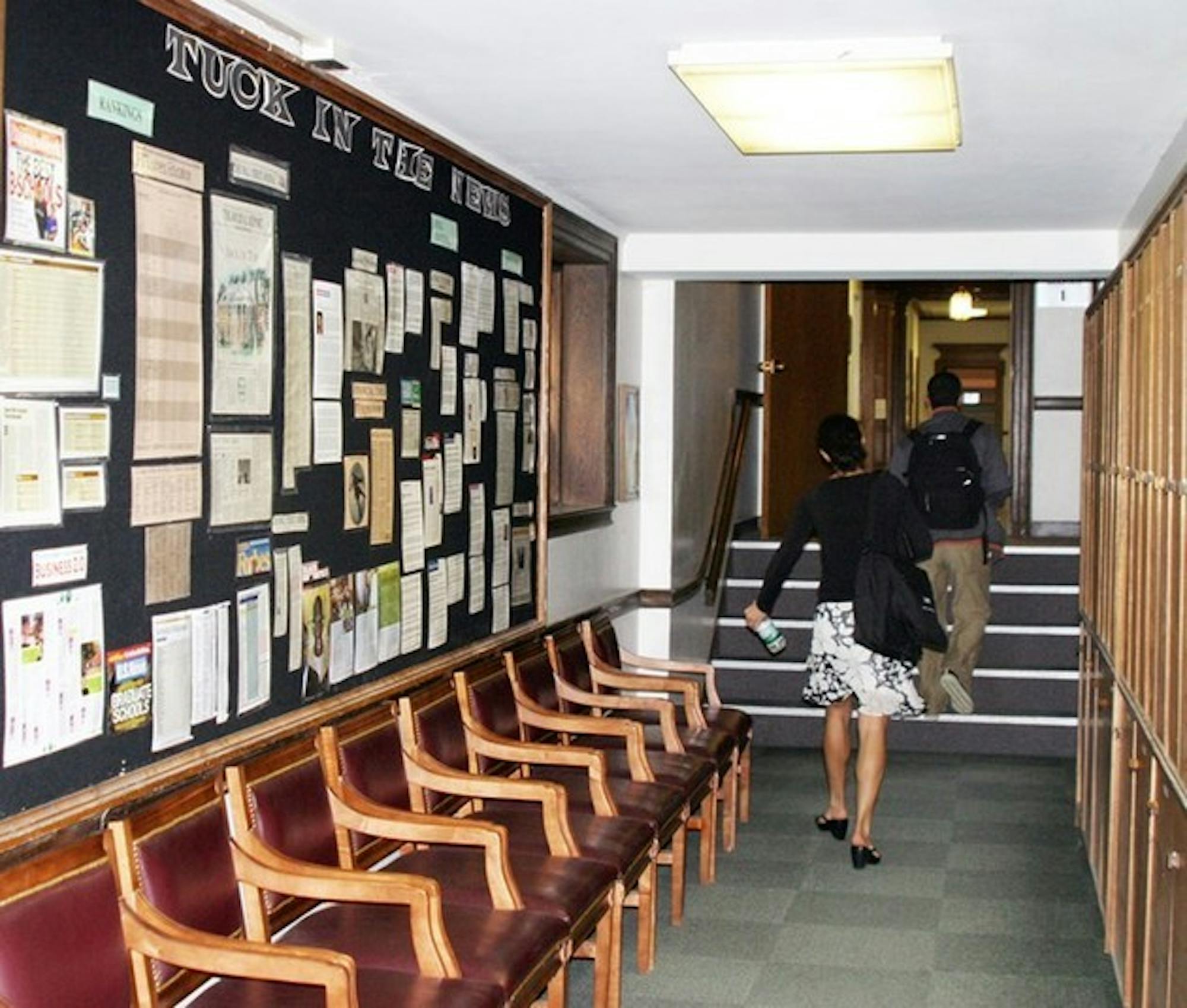The program, established in 1997 and managed by Tuck's Center for International Business, sends selected students around the world to embark on 13-week-long projects where they work in teams to gain real-world experience by developing solutions to fit a corporate client's needs.
Offered through the Field Study in International Business course, Tuck's most selective and popular second-year elective, the Tuck Global Consultancy program has sent teams abroad to complete 104 assignments for over 70 clients in 51 countries. Past Tuck Global Consultancy clients have included Intel, Nike and The Walt Disney Company.
"I think we have an amazing value proposition," professor and program director John Owens said. "We can provide a client with [consulting firm] McKinsey-like results at a fraction of a cost."
The consultancy costs each client $23,500 plus the price of travel and lodging for students. World-class consulting firms such as McKinsey and Company, Bain & Co. and BCG charge over $300,000 for similar projects.
Each project takes place in three phases. First, Tuck teams communicate with clients to discuss the project's objective. Next, teams conduct primary research and report preliminary findings to clients in the international venue. In the last phase, teams present completed reports to their clients in the clients' countries or at Tuck via videoconference.
While some participants have previous consulting experience, others do not. Robert Haslehurst Tu'06, who had worked as a consultant for four years before coming to Tuck, led a team to complete a corporate strategy project for Grange Securities, an Australian investment banking company.
"I was looking for more leadership -- the opportunity to run a project which I hadn't had the experience of before," Haslehurst said.
Haslehurst felt that the experience complemented his classroom learning, as his team drew from what it learned at Tuck. He commended the program for integrating academics and practical business training.
"It gave it a practical stance -- how all the bits and the core at Tuck fit in together," he said. "The clients appreciated the theory and frameworks we were able to use."
Ann Bauer Tu'93, faculty adviser to the August field study project in Puerto Rico and the December field study project in Venezuela, agreed that the program enhances Tuck's academic coursework.
"This experience is value-added to the curriculum because these projects are more than just a grade," Bauer said. "They are conducted in the real world, with real clients and high stakes. The clients expect professional, high-caliber work, and Tuck students always deliver."
The international component of the projects also adds to students' experiences. While his experience in Australia was not a drastic culture shock to Haslehurst, a United Kingdom native, many students who traveled to non-western countries were immersed in societies and business cultures unlike those of the United States.
Greg Butz Tu'06 was part of a team that worked with the Muhimbili University College of Health Sciences in Tanzania. The project focused on a business and feasibility plan for a pharmaceutical manufacturing plant that the MUCHS School of Pharmacy intends to build on land recently granted to them by the Tanzanian National Government.
"We gained insights into the nuances of conducting business in the developing world and an understanding of how business concepts taught in the classroom can be used to create societal good," Butz said.
In 2005, about 100 students completed 16 projects across the globe in countries such as China, Turkey, Venezuela, the United Kingdom and Russia. Last year marked the first of these projects conducted in Africa and Australia.
Tuck is not the only school that offers an international consulting program, but according to Owens, many of the student consulting programs offered by peer business schools are modeled after Tuck's program.
"Many of the top business schools asked us how to run this type of program. Some are similar and some are not -- this is probably the best known one among the top-tier schools," Owens said.




